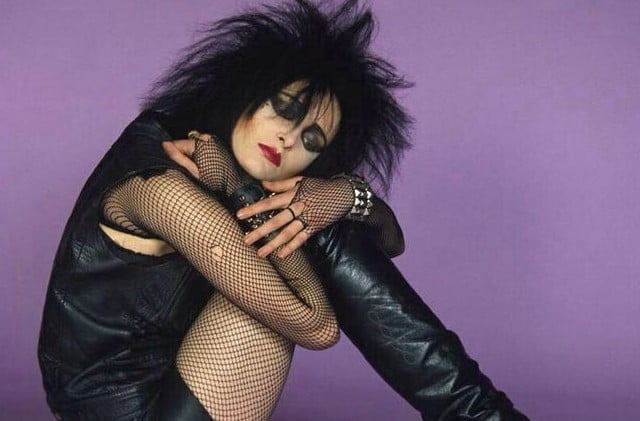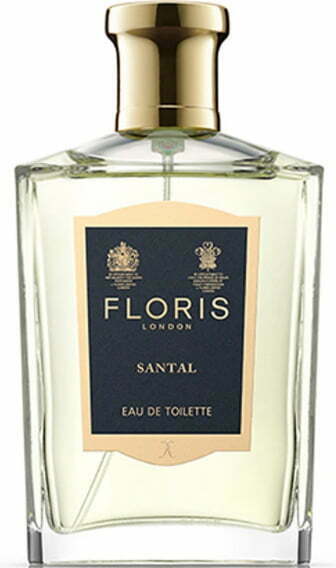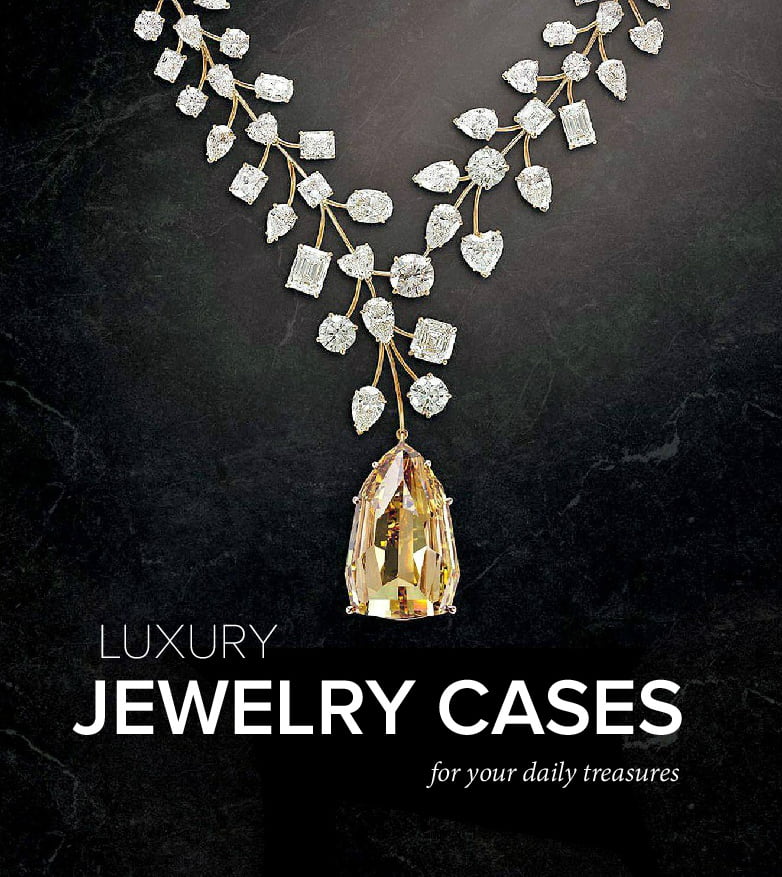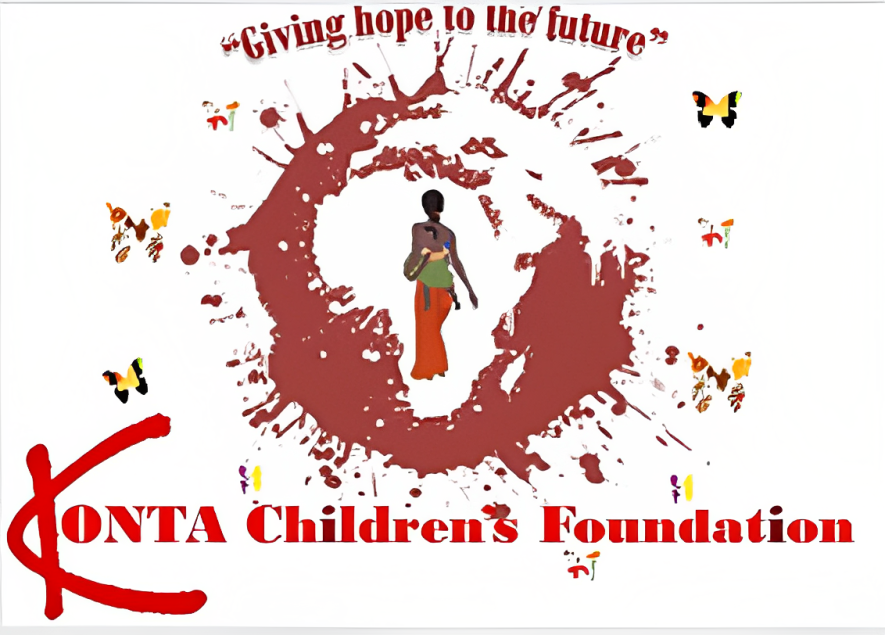SIOUXSIE SIOUX

Susan Janet Ballion (born 27 May 1957), known professionally as Siouxsie Sioux, is an English singer, songwriter, musician and record producer. She came to prominence as the leader and main lyricist of the rock band Siouxsie and the Banshees, who were active from 1976 to 1996. They released 11 studio albums, and had several UK Top 20 singles including “Hong Kong Garden”, “Happy House” and “Peek-a-Boo”, plus a US Top 25 single in the Billboard Hot 100, with “Kiss Them for Me”.
Siouxsie also formed a second group, the Creatures in 1981. With the Creatures, she released four studio albums and singles such as “Right Now”. After disbanding the Creatures in the mid-2000s, she has continued as a solo artist, using just the name Siouxsie, and released the album Mantaray to critical acclaim in 2007.
AllMusic named Siouxsie as “one of the most influential British singers of the rock era”. Her songs have been covered by Jeff Buckley (“Killing Time”), Tricky (“Tattoo”) and LCD Soundsystem (“Slowdive”) and sampled by Massive Attack (“Metal Postcard”) and the Weeknd (“Happy House”). In 2011, she was awarded for Outstanding Contribution to Music at the Q Awards and in 2012, she received the Inspiration Award at the Ivor Novello Awards. In 2023, Siouxsie announced her return to the stage with European, US and UK dates.
Siouxsie was born Susan Janet Ballion on 27 May 1957 at Guy’s Hospital in Southwark, England. She is ten years younger than her two siblings. Her sister and brother were born while the family was in the Belgian Congo. Her parents met in that colony and worked there for a few years. Her mother, Betty, was of Scottish and English descent and was a secretary who spoke both French and English. Her father was a bacteriologist who milked venom from snakes, and came from Wallonia, the French-speaking part of Belgium. In the mid-1950s, before Siouxsie’s birth, the family moved to England.
The Ballions lived in a suburban district in Chislehurst, Kent. Siouxsie was an isolated child, being unable to invite friends to her house because of her alcoholic, unemployed father. Despite his issues, Siouxsie regarded him as intelligent and well-read, and sympathised with his inability to fit in with a “rigid, middle-class society”. During moments of sobriety, her father shared with her his love for books. Siouxsie was aware that her family was different; the Ballions were not involved in the local community and Siouxsie, aware that her family’s house differed from the neighbours’, would later state that “the suburbs inspired intense hatred.”
At the age of nine, she and a friend were sexually assaulted by a stranger in a park. The assault was ignored by both her parents and the police, and was not spoken of in the family. The incident and its later treatment would lead Siouxsie to distrust adults. Years later, she stated: “I grew up having no faith in adults as responsible people. And being the youngest in the family I was isolated – I had no one to confide in. So I invented my own world, my own reality. It was my own way of defending myself – protecting myself from the outside world. The only way I could deal with how to survive was to get some strong armour.”
Her father died of alcoholism-related illness when Siouxsie was 14 years old, resulting in a decline in her health. Siouxsie lost a great deal of weight and failed to attend school. After several misdiagnoses, she was operated on and survived a bout of ulcerative colitis. During the weeks of recovery in mid-1972, she watched television in the hospital and saw David Bowie on Top of the Pops.
At 17, she left school. During this period she began visiting the local gay discos frequented by her sister’s friends. She later introduced her own friends to that scene. In November 1975, the Sex Pistols performed at the local art college in Chislehurst. Siouxsie did not attend, but one of her friends told her how they sounded like the Stooges, and that singer Johnny Rotten had threatened students attending the gig. In February 1976, Siouxsie and her friend Steven Severin went to see the Sex Pistols play in London. After chatting with members of the band, Siouxsie and Severin decided to follow them regularly. In the following months, journalist Caroline Coon coined the term “Bromley Contingent” to describe this group of eccentric teenagers devoted to the Sex Pistols.
Siouxsie became well known in the London club scene for her glam, fetish- and bondage-inspired attire, which later became part of punk fashion. She would also heavily influence the later development of gothic fashion with her signature cat-eye makeup, deep red lipstick, spiky dyed-black hair, and black clothing. In early September 1976, the Bromley Contingent followed the Sex Pistols to France, where Siouxsie was beaten up for wearing a cupless bra and a black armband with a swastika on it. She claimed her intent was to shock the elder generation, not to make a political statement. She later wrote the song “Metal Postcard (Mittageisen)” (in memory of the anti-Nazi artist John Heartfield).













